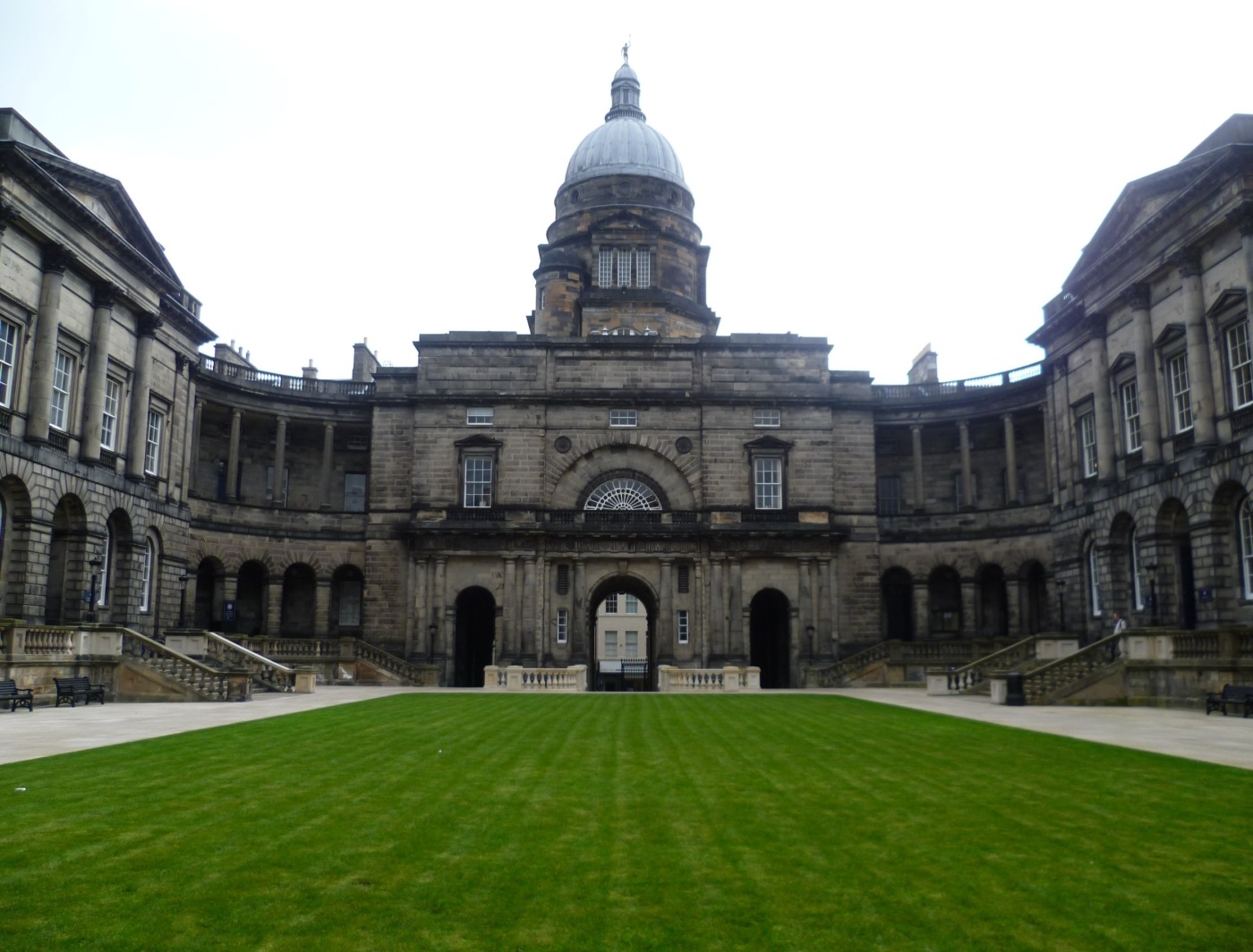Leading academic calls for University of Edinburgh to break ties with China
A leading academic at the School of Oriental and African Studies, London (SOAS), has called on the University of Edinburgh to cut ties with China.
Professor Steve Tsang, director of the SOAS China Institute, called on the University of Edinburgh to cut ties with the Confucius Institute, amid fears China is using students to spy on students abroad.
He argued: “[Confucius Institutes] are answerable to the propaganda department of the Chinese Communist Party”, suppressing discussion on Hong Kong, Tibet, and human rights abuses in Xinjiang.
Confucius Institute is a Chinese government program which teaches Chinese language and culture at over 500 locations worldwide. The Confucius Institute at the University of Edinburgh was founded in 2006.
Its founding director is Professor Natascha Gentz, and her Chinese co-director is Jie Fei, who travelled from Fudan University in Shanghai in 2019. Fudan University is known as one of the most liberal universities in China, despite a controversial rewriting of its charter last year.
Professor Gentz spoke to Politico in defense of the Confucius Institute program, stating “what we do in the institute is knowledge transfer and outreach activities”, and added “you couldn’t imagine, for instance, that the Goethe-Institut in Beijing would be run by a Chinese, representing German culture”.
In 2019, Human Rights Watch stated: “Confucius Institutes are extensions of the Chinese government that censor certain topics and perspectives in course materials on political grounds, and use hiring practices that take political loyalty into consideration.”
Previously, speaking as part of a panel for the Conservative-led China Research Group on 27 October, Professor Tsang warned of “’wolf warrior’ patriotic Chinese students”, who he contends may put other students in danger by reporting them to authorities in Beijing.
The phrase “wolf warrior” is used to describe a style of Chinese diplomacy making use of aggressive rhetoric, and has been used in both Western media and Chinese media. It refers to a patriotic Chinese action film, Wolf Warrior.
Confucius Institutes are extensions of the Chinese government that censor certain topics and perspectives in course materials on political grounds, and use hiring practices that take political loyalty into consideration
– Human Rights Watch
Cindy Yu of The Spectator disputed this in part, and said: “It’s not clear and there certainly isn’t so much evidence that the Chinese government is systematically co-opting these students to do its bidding.”
The Hong Kong national security law, according to Tsang, has extraterritorial applications which criminalize university staff and students who debate topics “that the Chinese government, under the Hong Kong national security law, should consider to be politically sensitive and incorrect”.
He spoke further: “We have to change how we teach… or we expose our students and staff to political, criminal prosecutions if they travel to Hong Kong or to China.”
Edinburgh also has a research partnership with Huawei, the technology firm that the UK government ordered to remove from Britain’s 5G network.
Professor Tsang said: “The problem isn’t so much the technological threat, it is whether it is appropriate for a leading university to be collaborating with a company that we know is heavily involved in providing technical support to enable a government to be very oppressive towards its own people.
“This is more of an issue than Huawei as an unreliable partner in NHS technology or medical research. Do you really want your top university in Scotland to be engaging in research collaboration with a company that has a record of supporting human rights abuse?”
A university spokesman said: “There has been no loss of academic freedom as a consequence of [the University of Edinburgh’s] relationship with the Confucius Institute.
“The director of the Confucius Institute at Edinburgh is appointed by the university. The university’s partnership with Huawei enables our researchers to explore new technologies in data management and information technology.”

Comments